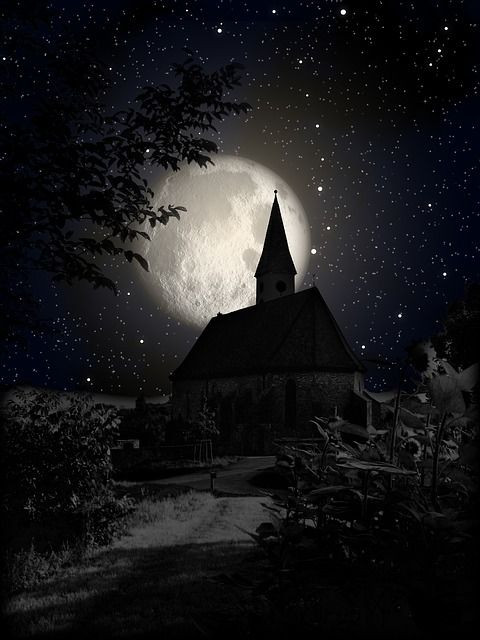Do Full Moons Drive People Crazy? Researchers Analyze Links Between Madness and Lunar Phases

Canadian researchers claim they have debunked the myth perpetuated by fairy tales and werewolves that insanity and mental health issues are more common during phases of the full moon.
In the past the full moon has been blamed on everything from driving up rates of suicide, homicide, erratic behavior, psychiatric hospital and emergency room admissions, and even inducing more labor in pregnant women.
Even though 80 percent of nurses and 64 percent of doctors surveyed by researchers said they're convinced that the lunar cycle alters patients' mental health.
However, a new patient study by psychologists at Université Laval in Québec City, Canada finds that the lunar cycle has no effect on mental state.
The study, published in the journal General Hospital Psychiatry, analyzed 771 patients admitted to emergency rooms at Sacré-Coeur Hospital in Montreal, Quebec and Hôtel-Dieu de Lévis in Lévis, Quebec, between 2005 and 2008 complaining of unexplainable chest pains.
A large number of the patients in the study suffered from psychological problems like panic attacks anxiety, mood disorders and suicidal thoughts.
After comparing the patients' emergency room visits to lunar calendars, researchers found no link between the incidence of psychological problems and the phases of the moon. However, researchers found that anxiety disorders were 32 percent less frequent during the last lunar quarter.
"This may be coincidental or due to factors we did not take into account," Professor Genevieve Belleville, a psychologist for Canada's Universite Laval said, according to the journal General Hospital Psychiatry. "But one thing is certain - we observed no full moon or new moon effect on psychological problems."
"The analyses revealed no link between the incidence of psychological problems and the four lunar phases," Belleville concluded.
She said that she hoped the findings would encourage doctors to stop linking the lunar cycle to psychological disorders.
"Otherwise, this misperception could, on the one hand, color their judgment during the full moon phase. Or, on the other hand, make them less attentive to psychological problems that surface during the remainder of the month," Belleville said.



























